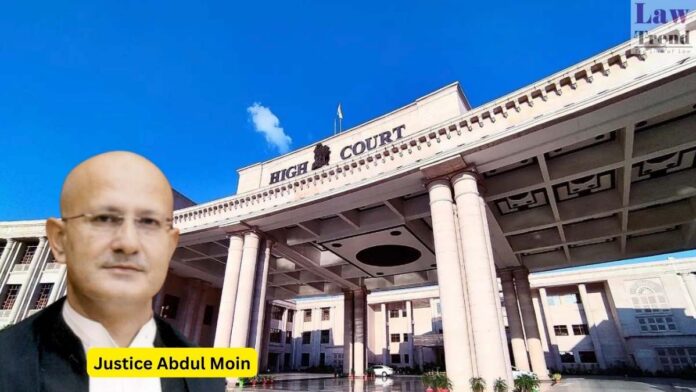In a significant ruling, the Allahabad High Court has emphasized that appeals against Family Court orders must be filed strictly under the provisions of the Family Court Act, 1984, and not under the Criminal Procedure Code or its equivalent in the Bharatiya Nagarik Suraksha Sanhita, 2023. The decision was delivered by Justice Abdul Moin in
To Read More Please Subscribe to VIP Membership for Unlimited Access to All the Articles, Download Available Copies of Judgments/Order, Acess to Central/State Bare Acts, Advertisement Free Content, Access to More than 4000 Legal Drafts( Readymade Editable Formats of Suits, Petitions, Writs, Legal Notices, Divorce Petitions, 138 Notices, Bail Applications etc.) in Hindi and English.




